Denver school board member John Youngquist is alleging that the board violated state open meetings law by misstating the purpose of a recent executive session, and by excluding him from that session because it dealt with a matter he had raised about his compensation.
Commentary
It is frustrating when I see disinformation about charter schools. Some people with their own agendas seek to deny the role charters play as quite often the best option for a lot of us students of color to get a good education.
Many Americans are embracing falsehoods about what is actually being taught in schools. Scholars also fear that this embrace of misinformation means that terms intended to help students develop as culturally proficient citizens will all be thrown into the bucket of “CRT.”
Dear Dr. Marrero, Welcome to Denver and your first day on the job as superintendent of Denver Public Schools. here are several pieces of unsolicited advice.
I first started thinking about medicine around the time I was in middle school. My mom was pregnant and the closest clinic to us was 35-40 miles away.
As a society, it’s our obligation to dismantle these oppressive systems, and our first priority should be to end systemic racism in our schools. We can’t do that without the help of educators.
Our efforts at Rocky Mountain Prep to connect families to resources, and to help our scholars by meeting basic needs in the fastest manner possible gave rise to the Family Advocacy Support Team (FAST).
Nearly all families at DSA welcomed the idea of serving a more diverse student population, and I imagine few people anywhere would oppose this goal on its face. As with most things, however, it is much more complicated than it initially appears.
As a leader in the charter school community, I have observed one additional quality of effective governance: excellent school governance is rooted in good character.
Do Dr. Alex Marrero and Director Tay Anderson deserve the opportunity to respond to these claims? Yes, absolutely. Should those with valid claims be afraid or intimidated from seeking justice because of the public trust that Dr. Marrero and Director Anderson enjoy? No, absolutely not.

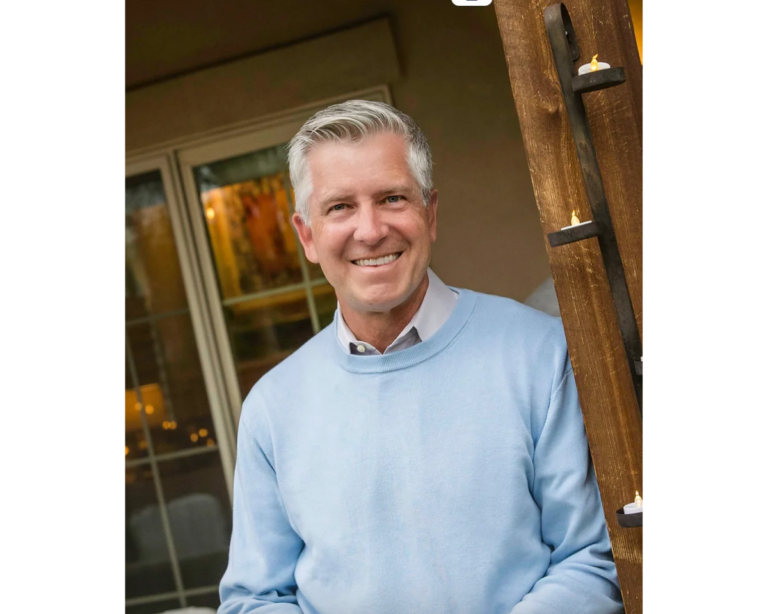


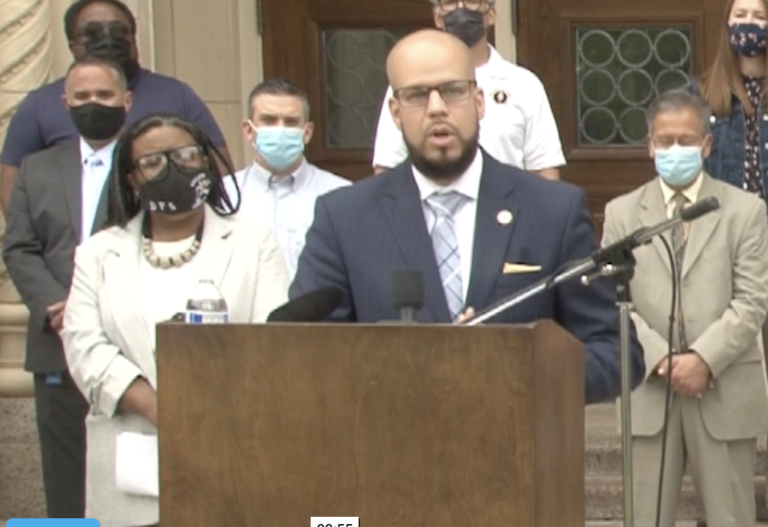


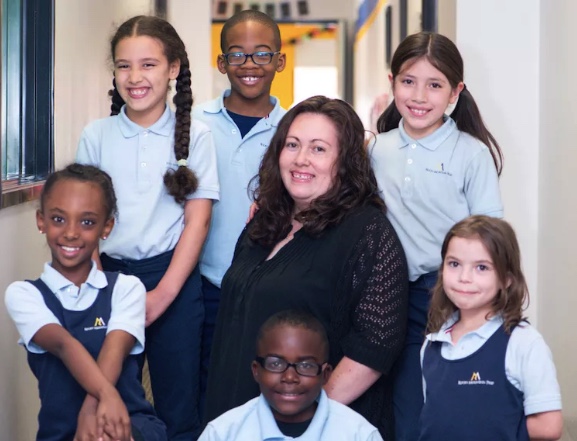

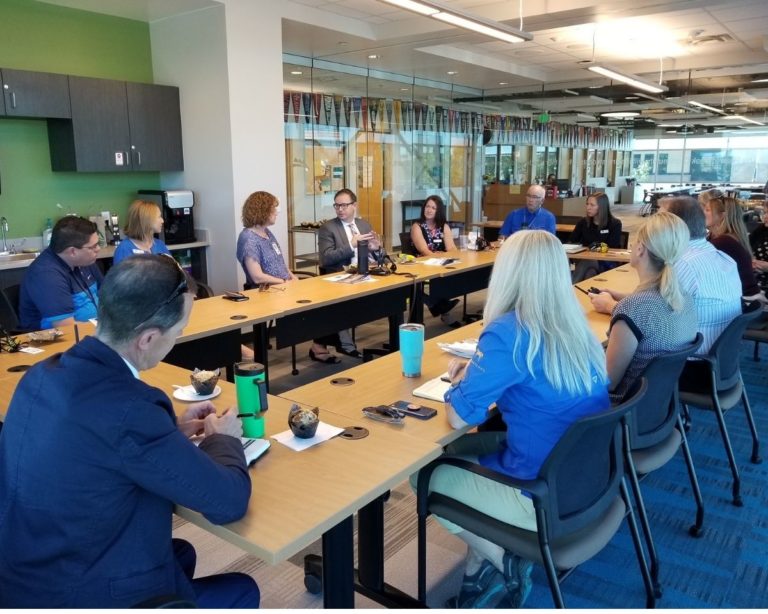
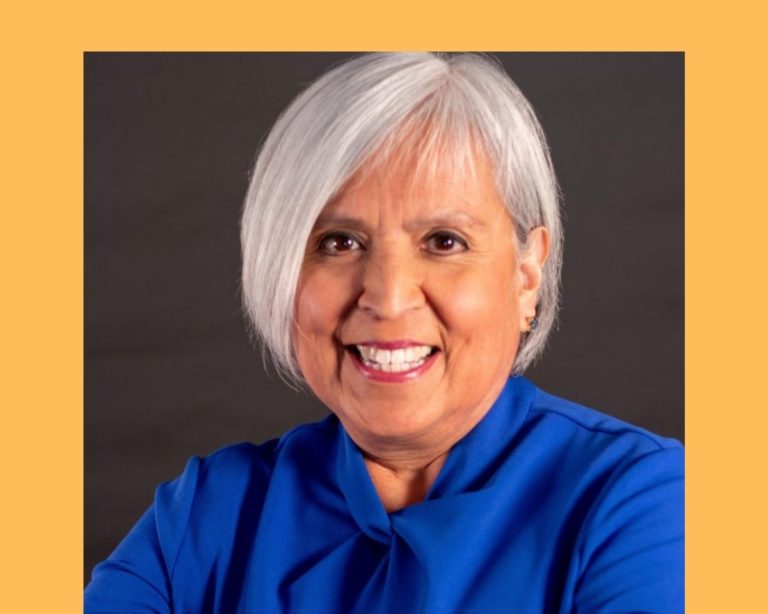

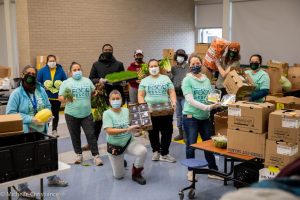





We need limited testing now more than ever
Apparently, school performance has become another fact-free zone, where ideology, rumor, and innuendo are more important than evidence. The political right in recent years has mastered this sad and dangerous strategy, but when it comes to testing, the left is showing that two can play that game.